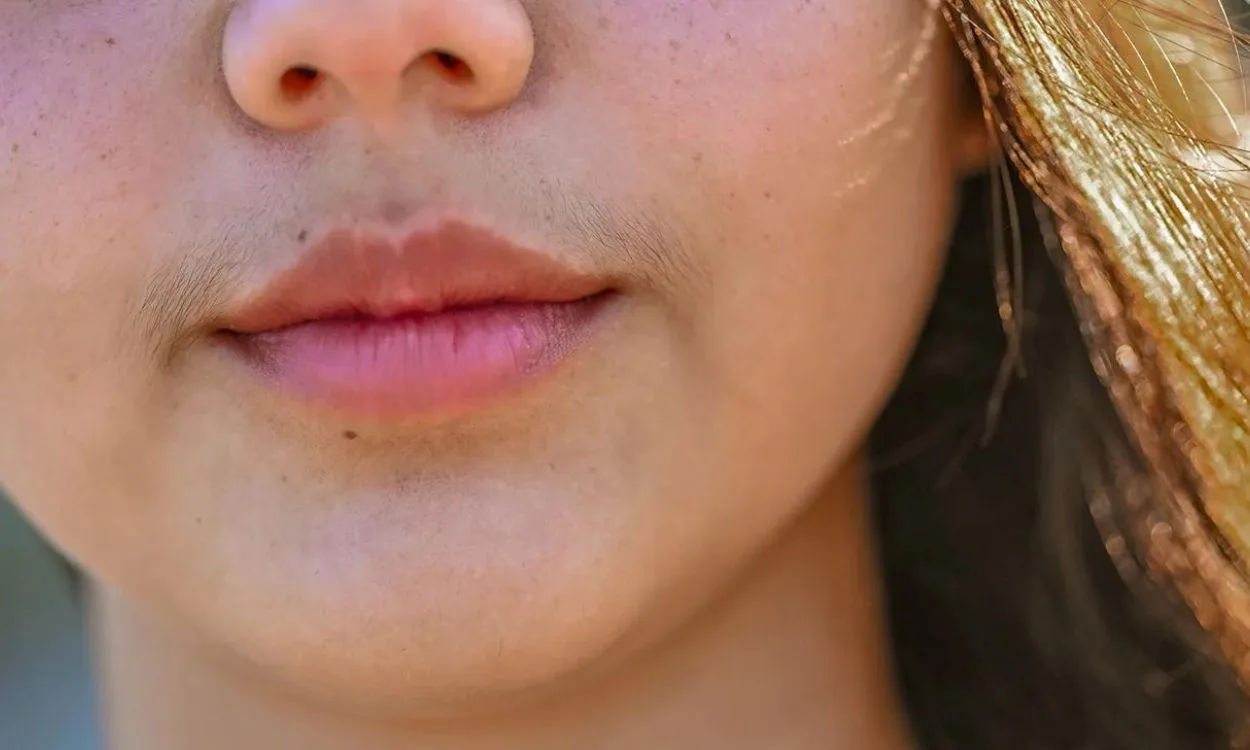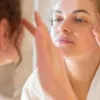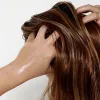Can PCOD Cause Excess Hair Growth and Hirsutism?
Polycystic Ovary Syndrome (PCOS) is a common hormonal disorder affecting women of reproductive age. One of the distressing symptoms associated with PCOS is hirsutism, which is the excessive growth of hair in areas where men typically grow hair, such as the face, chest, and back. This condition can have a significant impact on a woman’s physical appearance, self-esteem, and overall quality of life.
Understanding PCOS and Hirsutism
PCOS is characterized by an imbalance of reproductive hormones, leading to the formation of small fluid-filled sacs (cysts) in the ovaries. These hormonal imbalances can result in a range of symptoms, including irregular periods, infertility, weight gain, acne, and hirsutism. While the exact cause of PCOS is not fully understood, it is believed to involve a combination of genetic and environmental factors.
Hirsutism, specifically, is attributed to the excessive production of androgens, which are male hormones present in both men and women. In women with PCOS, the ovaries may produce an excess of androgens, leading to the development of hirsutism. Additionally, increased sensitivity of hair follicles to androgens can contribute to the excessive hair growth experienced by women with PCOS.
Impact on Women’s Health and Well-being
The presence of hirsutism can significantly impact a woman’s emotional well-being, causing distress, anxiety, and lowered self-confidence. The societal pressure to conform to traditional standards of beauty can exacerbate these feelings, leading to social withdrawal and negative body image. The psychological effects of hirsutism are often as challenging to manage as the physical symptoms, highlighting the importance of addressing this issue from a holistic perspective.
Addressing Excess Hair Growth and Hirsutism
For women with PCOS experiencing hirsutism, various treatment options are available to manage and reduce the growth of excess hair. These can include:
– Medical Therapies: Oral contraceptives or anti-androgen medications can help regulate hormone levels and reduce the symptoms of hirsutism.
– Topical Treatments: Prescription creams or lotions containing eflornithine can be applied to affected areas to slow down the growth of facial hair.
– Procedures: Methods such as laser hair removal or electrolysis can provide long-term reduction of unwanted hair growth.
– Lifestyle Modifications: Healthy lifestyle changes, including regular exercise, balanced nutrition, and stress management, can help in managing the symptoms of PCOS, including hirsutism.
Fitpaa – A Holistic Approach to PCOS Management
While addressing the symptoms of PCOS, including hirsutism, it’s crucial to adopt a holistic approach that encompasses not only the physical manifestations but also the emotional and mental well-being of individuals. Fitpaa, an end-to-end AI-driven metabolism monitoring and management technology, offers comprehensive support for individuals dealing with PCOS and its associated symptoms.
Through Fitpaa’s personalized approach, individuals can access tailored medical nutrition therapy, medical exercise therapy, medical nutrition therapy, and cognitive behavior therapy designed to optimize metabolism and promote overall well-being. The Fitpaa Capsule, a scientifically designed health and fitness plan, integrates multiple facets of wellness, including nutrition, exercise, and behavioral guidance, to support individuals in achieving their health goals.
Embracing a Healthier Future with Fitpaa
For individuals navigating the challenges of PCOS and hirsutism, Fitpaa provides a unique opportunity to embark on a transformative wellness journey. By leveraging cutting-edge technology and the expertise of a dedicated health and fitness team, individuals can access a range of resources and support to manage their condition effectively and improve their quality of life.
With its commitment to guaranteed results and a focus on personalized care, Fitpaa empowers individuals to take charge of their health and well-being, fostering a sense of empowerment and confidence. Through the Fitpaa app, individuals can access a suite of tools, including a virtual workout trainer, diet tracker, performance tracking, and progress tracking, all tailored to support their unique health and fitness goals.
In conclusion, while PCOS and hirsutism can present significant challenges, it’s important for individuals to know that they are not alone in their journey toward better health. By embracing a multifaceted approach to wellness and leveraging innovative solutions such as Fitpaa, individuals can find the support and resources they need to navigate the complexities of PCOS and reclaim their health and vitality.
For those seeking a comprehensive approach to health and fitness, Fitpaa stands ready to guide and support individuals in achieving their wellness goals, ensuring a brighter, healthier future for all.









